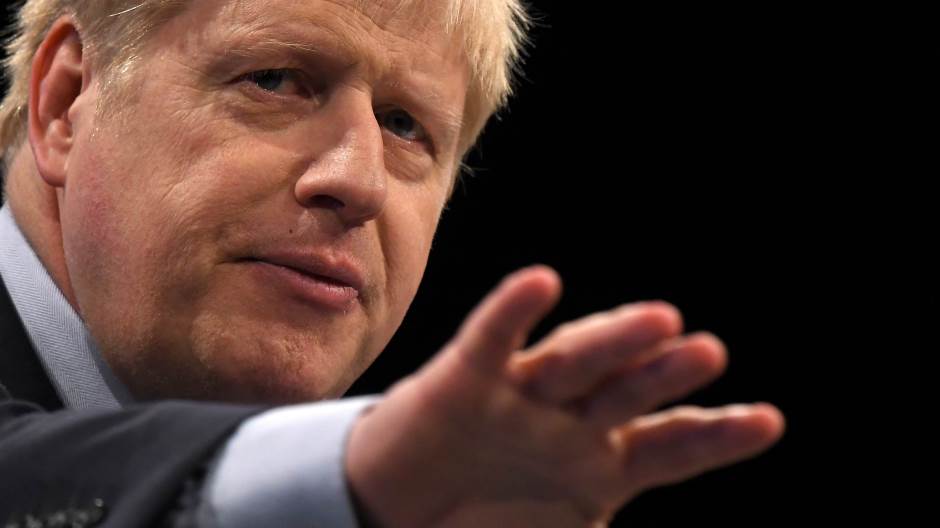
UK Prime Minister Boris Johnson has been discharged from hospital, a week after being admitted due to "persistent" Covid-19 symptoms, a Downing Street spokesman said Sunday.
"The PM has been discharged from hospital to continue his recovery, at Chequers," he said.
Chequers is the official country residence of British prime ministers.
Johnson was admitted to hospital last Sunday and was moved to intensive care on Monday. He spent three nights in the ICU and received "standard oxygen treatment," according to his spokesman, but did not require mechanical or invasive ventilation.
The spokesperson said that on the advice of his medical team, the PM won't immediately be returning to work.
Johnson's decision to continue working after he was diagnosed with Covid-19 was questioned by some when he was admitted to hospital.
Johnson announced he tested positive for the novel coronavirus on March 27. He said he was experiencing "mild symptoms" and would continue leading the country -- while self-isolating in his apartment in Downing Street.
The 55-year-old was taken to St. Thomas' Hospital in London 10 days later.
On Saturday, the PM issued a statement thanking the National Health Service staff at St. Thomas' Hospital.
"I can't thank them enough. I owe them my life," he said.
The PM's fiancée, Carrie Symonds, expressed similar gratitude on Sunday.
In a series of tweets, Symonds thanked the NHS staff: "I cannot thank our magnificent NHS enough. The staff at St Thomas' Hospital have been incredible. I will never, ever be able to repay you and I will never stop thanking you."
Symonds is pregnant with the couple's first child and has been apart from the PM during his self-isolation and hospitalization.
"There were times last week that were very dark indeed. My heart goes out to all those in similar situations, worried sick about their loved ones," Symonds added.
The strength with which Covid-19 struck the Prime Minister shook the UK, where the virus has claimed 9,875 deaths so far, according to a tally by the Department of Health and Social Care.
Nearly 79,000 people have tested positive.
Some experts have warned the situation could get much worse in the UK.
An influential coronavirus model from the Institute for Health Metrics and Evaluation (IHME) at the University of Washington's School of Medicine in Seattle predicted earlier this week that the UK will be the worst-hit European country, with a death toll from Covid-19 reaching 66,314 by early August.
While some British scientists pushed back against the forecast, Jeremy Farrar, director of the Wellcome Trust and a UK government adviser said Sunday the UK is "likely to be one of the worst, if not the worst, affected countries in Europe."
"The numbers in the UK have continued to go up, I do hope that we're coming close to the number of new infections reducing, and in a week or two the number of people of people needing hospital reducing," he told the BBC.
Kakvo je tvoje mišljenje o ovome?
Učestvuj u diskusiji ili pročitaj komentare





 Srbija
Srbija
 Hrvatska
Hrvatska
 Slovenija
Slovenija







